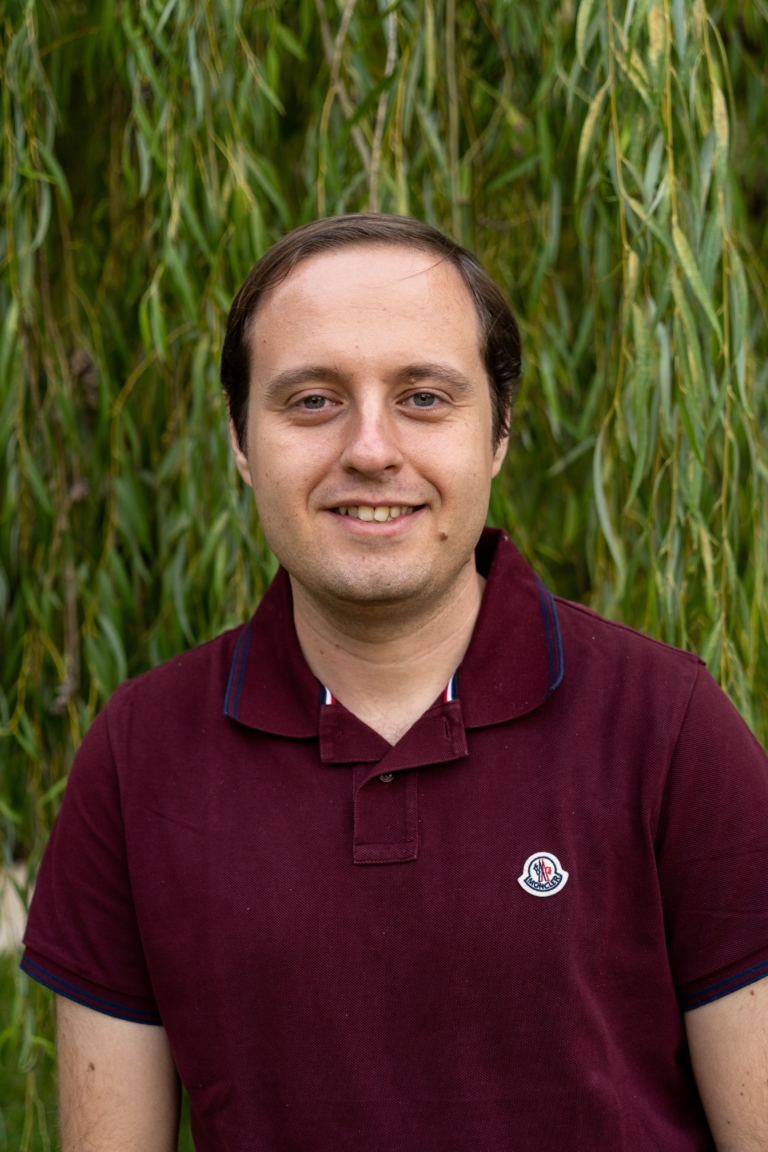
Publications:
- “The Strange Case of the Islamic Journeymen: Questions and Texts for a Comparative Study of Guilds,” Journal of the Economic and Social History of the Orient 67, no. 7 (2024): 703–800.
- “The History of Education in Europe,” In Oxford Bibliographies in Education, ed. Susan C. Faircloth (2024).
- “Is Adolescence Culturally Transferred? Is it Universal? Why Should the Social Historian Care?” In Cultural Transfer Europe-Serbia: Methodological Issue and Challenges, ed. Slobodan G. Markovich (Belgrade: Faculty of Political Sciences, 2023), 175–86.
- With John Paul Newman (eds). “Research Cluster: Suicide, War, and the Military in East-Central Europe, 1918–1945,” Slavic Review 82, no. 3 (2023).
- “What is Austro-Hungarian History to the Eurasianist?” Journal of Austrian Studies 56, no. 2 (2023): 21–30.
- “Social Stratification and Job Market Anxieties in Nineteenth-Century Central Europe,” Journal of Social History 56, no. 2 (2022): 439–62.
- “Female Rule in Imperial Russia: Is Gender a Useful Category of Historical Analysis?” In A Companion to Global Queenship: An Examination of Female Rule and Political Agency in the Premodern World, ed. Elena Woodacre (Bradford: ARC Humanities Press, 2018): 79–94.
Dr. Orel Beilinson
History of education; history of the family; history of childhood and youth; Central, Eastern, and Southeastern Europe
social history; cultural history; literary history; early modern Europe; Islamic history (especially Ottoman, Iranian, and Central Asian history); Southern Europe
www.orelbeilinson.com
I study Western and Central Eurasia – Central, Eastern, and Southeastern Europe with frequent incursions in the Middle East, Central Asia, and Southern Europe – from 1700 to the present. My research revolves around two clusters: education, economic life, and society; family life, intergenerational relations, and youth. My work brings together approaches from comparative historical sociology, comparative and international education, and comparative literature to craft richer narratives of social change in the modern world.
My book manuscript, “Tomorrow Belongs to Me: Coming of Age with Modern Europe,” began as a doctoral dissertation at Yale University. It is a tale of broken promises and dashed hopes, of a radical change in how adolescents have become adults since the Enlightenment. It shows how parents could no longer secure their children’s life courses and how adolescents gained the right to choose and the responsibility for failure. The book follows young adults seeking their way in a world where the concentration of capital and industrialization have made economic independence unfeasible and undesirable. It is also a book about families struggling to develop new aspirations in a society that offered plenty of choices but little security. “Tomorrow Belongs to Me” tells the story of Europe’s modernization from the perspective of the youth and families struggling to navigate it.
My current research develops these themes in three directions. My dissertation had a series of chapters on the emergence of youth as a political identity, which I am reworking into a short monograph. This monograph will also provide a typology and history of youth movements. I am most invested now in a book that puts youth as the protagonists of urbanization, mass migration, and New Imperialism. In support of this project, I spent 2023–2024 as a visiting fellow at the Scuola Normale Superiore in Pisa and the University of Lisbon. More embryonic is a study of how STEM (science, technology, engineering, and mathematics) overtook the humanities as the Queen of the Sciences. This study combines my interest in the history of education and labor with the social history of the sciences.